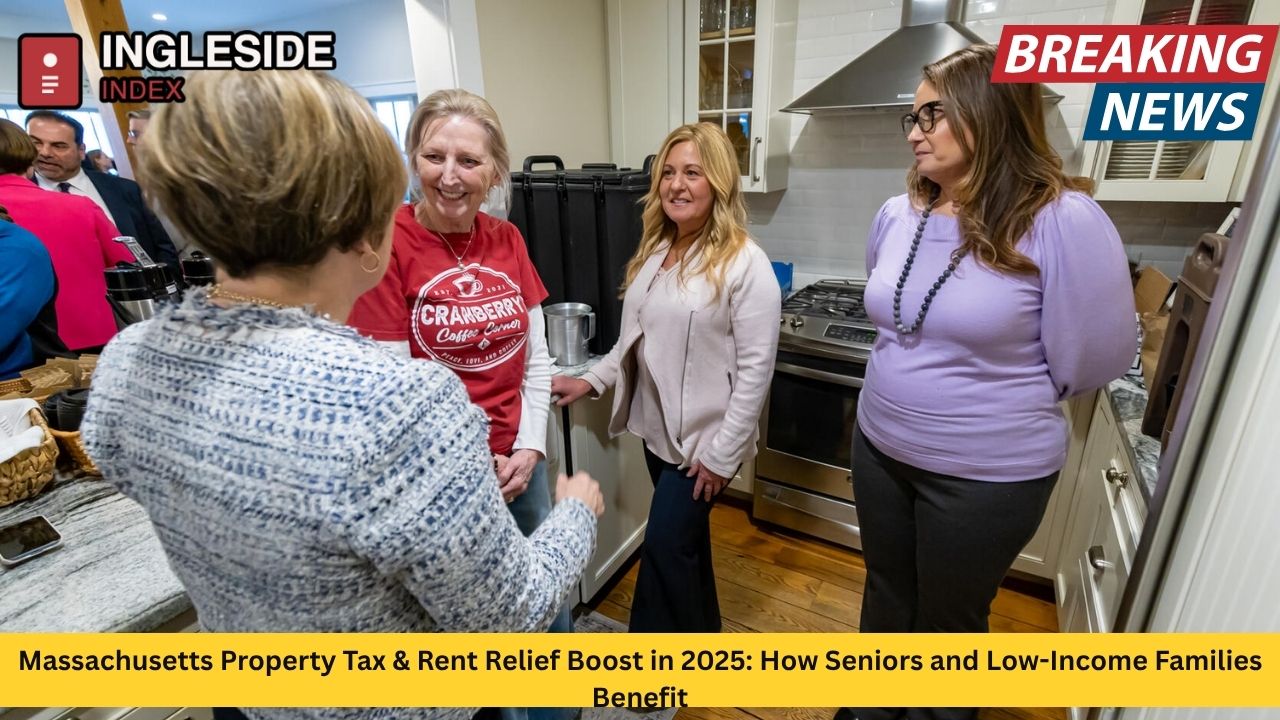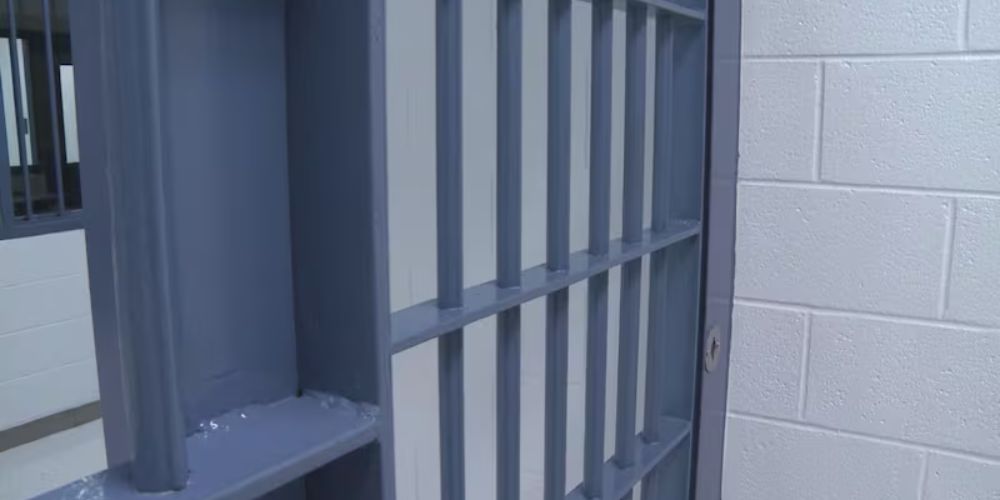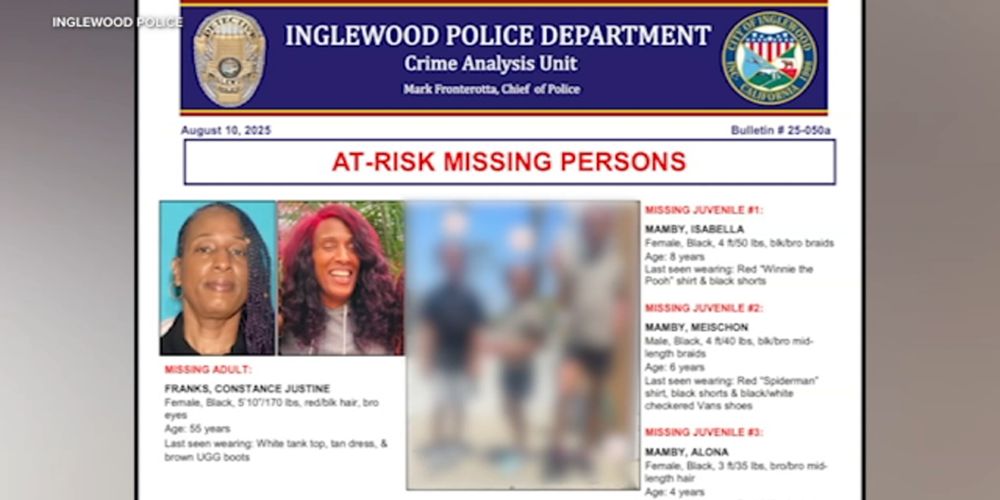Massachusetts has long been recognized for both its vibrant metropolitan areas and its high cost of living. In 2025, this challenge is met head-on with sweeping new property tax and rent relief legislations designed specifically to help the Commonwealth’s seniors and low-income families. The reforms, supported by both state and local programs, are set to ease housing burdens and keep more Massachusetts residents stably housed across cities like Boston, Worcester, Springfield, Lowell, and Cambridge. This comprehensive guide explores the enhanced benefits, eligibility, and real-world impact of these changes for 2025.
The Housing Cost Crisis in Massachusetts
Understanding the Scope
Massachusetts consistently ranks among the top ten most expensive states for housing. In 2025:
-
The average annual household income needed to comfortably afford a two-bedroom apartment at HUD’s Fair Market Rent is now over $93,000.
-
There are only 44 affordable and available rental homes for every 100 extremely low-income households.
-
Over 183,000 new affordable homes are needed statewide to meet demand, especially for seniors and families living at or below the poverty line.
Cities like Boston, Cambridge, and Newton are epicenters of these challenges, with monthly rents for a modest two-bedroom often exceeding $2,500. Even cities farther from Boston, such as Springfield and Worcester, have seen rental increases that far outpace wage growth in recent years.
Key Property Tax Relief Measures for Seniors in 2025
The Senior Circuit Breaker Tax Credit
One of the Commonwealth’s most impactful measures, the Senior Circuit Breaker Tax Credit, receives a significant boost in 2025. Seniors aged 65 and older who either own or rent their principal residence in Massachusetts may claim this refundable state income tax credit.
2025 Highlights:
-
Maximum credit raised to $2,730 per year, adjusted annually for inflation.
-
Homeowners qualify if their property tax plus half of water/sewer costs exceed 10% of their total Massachusetts income.
-
Renters may also qualify if 25% of annual rent exceeds 10% of total state income.
-
Eligibility income limits for 2025:
-
$72,000 for single filers
-
$91,000 for heads of household
-
$109,000 for married couples filing jointly
-
Major urban areas such as Boston, Lowell, and Springfield have thousands of eligible seniors, many of whom are now able to keep more of their fixed income thanks to these enhanced credits.
City-Specific Senior Tax Programs
Boston
-
Residential Exemption: Homeowners who use their property as a primary residence can save up to $3,984.21 on their tax bill for fiscal year 2026.
-
Elderly Exemption 41C: Qualifying seniors can receive up to $2,000 in total property tax relief, as long as their income and assets fall under set limits.
Lowell
-
Statutory exemptions for seniors offer $1,000 or more in direct relief to property owners aged 65+, and additional programs for those 70+ or surviving spouses increase that support. The city also actively promotes the Senior Circuit Breaker Tax Credit to eligible residents.
Hingham
-
The “Senior Means-Tested Tax Exemption” allows up to $2,730 in property tax reduction (for eligible income and asset levels) and can cover up to 50% of an individual’s tax bill.
Amesbury
-
The Senior Tax Work-Off Program lets homeowners above age 60 work 100 municipal hours between March and October to earn a $1,500 credit against their 2026 property taxes.
Belmont, Melrose, Dover, and More
Across cities like Belmont and Melrose, seniors can combine direct tax exemptions (between $500 and $2,000), payment deferral options at favorable interest rates, and property tax “work-off” opportunities to reduce their bills even further.
Deferral Programs
In towns such as Belmont and Dover, seniors may also choose to defer all or part of their property tax payments until their home is sold, paying only a low interest rate until then. Income and residency requirements are in place, ensuring this program helps those with the greatest need.
Rent Relief Programs for Low-Income Families and Seniors
Increased Rental Deduction
Starting in 2025, renters can deduct 50% of annual rent paid up to a maximum of $4,000 when filing their Massachusetts income tax return, up from $3,000 previously. Renters in Worcester, Lowell, Fall River, and Brockton will see the benefit on their 2025 tax filings. This deduction was designed to reflect higher statewide rents and will help thousands of tenants hold on to more of their earnings.
Emergency & Ongoing Rental Assistance Programs
RAFT (Residential Assistance for Families in Transition)
-
Up to $7,000 per family per 12 months available to eligible households to prevent eviction or help with re-housing.
-
Eligible uses include covering rent, utilities, and moving costs.
-
Families must have income under 50% of their city or town’s Area Median Income (AMI), or under 60% of AMI for those at risk of domestic violence.
-
Local Housing Consumer Education Centers in cities like Springfield and Lawrence are the main points of contact for support.
Section 8 Housing Vouchers and Massachusetts Rental Voucher Program (MRVP)
-
These voucher programs help cover a major portion of monthly rents for qualified low-income households.
-
The state’s 2025 budget again expanded commitment to both programs, but demand remains high and waiting lists are common in the state’s larger communities.
Eviction Prevention & Homelessness Mitigation
State and federal funds for 2025 will keep Emergency Rental Assistance programs running in cities with the highest need, such as Boston, Brockton, Lynn, and Lawrence. This vital network provides rent arrears payment, legal mediation, and rehousing solutions for families facing housing crises.
How the 2025 Tax Reform Package Favors Seniors and Families
Major Tax Reforms Passed
The 2023-2024 Massachusetts legislative session produced landmark tax relief legislation, effects of which fully take hold in 2025:
-
Universal Child and Family Tax Credit: Increased from $310 to $440 per qualifying dependent—benefitting hundreds of thousands of families.
-
Earned Income Tax Credit (EITC): Raised to 40% of the federal credit, impacting nearly 400,000 working households with incomes under $67,000.
-
Higher Mass Rental Deduction: As noted, renters can now deduct up to $4,000, reflecting real rent levels in cities like Quincy and New Bedford.
-
Estate Tax Exemption Raised: Now at $2 million, protecting more seniors who want to pass homes or family property to the next generation.
Who Is Eligible?
Seniors
Eligibility for property tax and rent relief is based on age (typically 65+), income, residency, and, in some cases, asset levels that exclude primary home values. Most programs require filing an annual application and supporting documentation.
Low-Income Families
Income eligibility is tied to city/town AMI, family size, and current housing status. For RAFT and most voucher programs, documentation of housing crisis is also required. Families can check their eligibility with local Housing Consumer Education Centers or through state-run online tools.
City Spotlight: How Programs Work Across Massachusetts
Boston
Boston’s property tax relief measures—residential exemption, senior exemptions, rental deductions—combine to provide multi-layered support for both homeowners and renters. The city also invests heavily in affordable housing stock, bolstering programs for the elderly and the disabled.
Worcester
Worcester residents benefit from higher rent deduction ceilings, local housing assistance, and the state’s expanded EITC, which is particularly valuable for large, working-class families in the region.
Springfield
Springfield’s robust community-based RAFT administration helps hundreds of families each year avoid eviction, making it a model for urban deployment of state relief funds.
Cambridge
With some of the highest housing costs outside Boston, Cambridge residents rely on both rent relief and property tax work-off programs, with additional support for seniors and those on disability.
Lowell
Lowell aggressively promotes its exemption programs, the Senior Circuit Breaker credit, and continues to expand communication efforts so that all eligible residents know and understand their tax and rent relief options.
Real-World Impact: Stories and Numbers
-
In 2025, across the Commonwealth, more than 100,000 seniors are expected to benefit directly from property tax credits.
-
Expanded RAFT funding will keep thousands of families—especially in high-need areas like Fall River, Brockton, and Lynn—in stable housing during periods of hardship.
-
Boston’s enhanced residential exemption will return nearly $4,000 per household to more than 18,000 qualifying homeowners.
-
For seniors on fixed incomes, these savings mean forgoing the stress of choosing between medical care, food, and keeping a roof over their heads.
-
For low-income families, boosted EITC and child credits deliver essentials for daily life while rent relief bridges the gap to housing stability.
How to Apply: Step-by-Step
-
Check Eligibility: Review specific age, income, and residency requirements for your city/town and relief program.
-
Gather Documentation: Prepare tax returns, proof of residence, rent or tax bills, and income verification documents.
-
File Your Application: Most programs allow online or in-person filing between January and April, but deadlines and requirements can vary by city.
-
Consult Experts: City assessor’s offices, councils on aging, and local housing authorities (in cities like Quincy, Somerville, and New Bedford) offer free application support and program information.
The Future of Housing Affordability in Massachusetts
Massachusetts’ 2025 property tax and rent relief expansion is both historic and necessary. While the increased credits, deductions, and assistance programs will not solve the affordability crisis overnight, they represent vital steps toward keeping seniors in their homes and helping families keep pace with spiking rents. Civic and legislative leaders continue to explore additional long-term measures, including building more affordable housing, strengthening renter protections, and expanding targeted tax relief.
Conclusion
Massachusetts’ commitment to property tax and rent relief in 2025 is already changing lives. Seniors and low-income families from Boston and Cambridge to Worcester and Springfield will see direct, measurable benefits in the form of reduced tax bills, increased cash refunds, and crucial emergency rental assistance. As awareness of these programs grows, and with continuing support from local and state government, the goal of stable, affordable housing for all Bay State residents comes one step closer to reality.











Leave a Comment